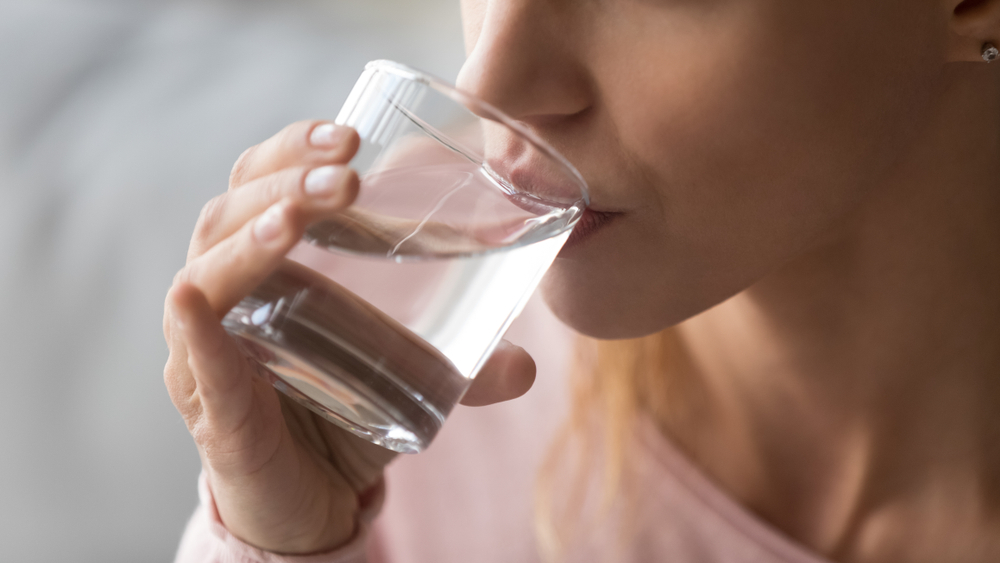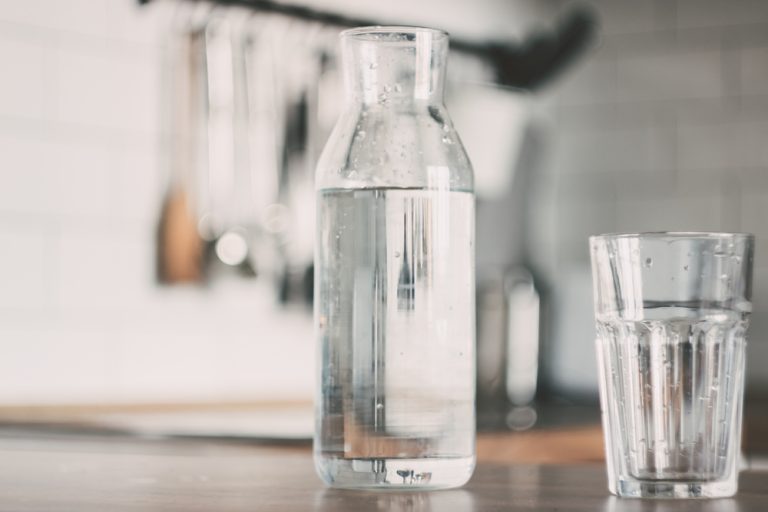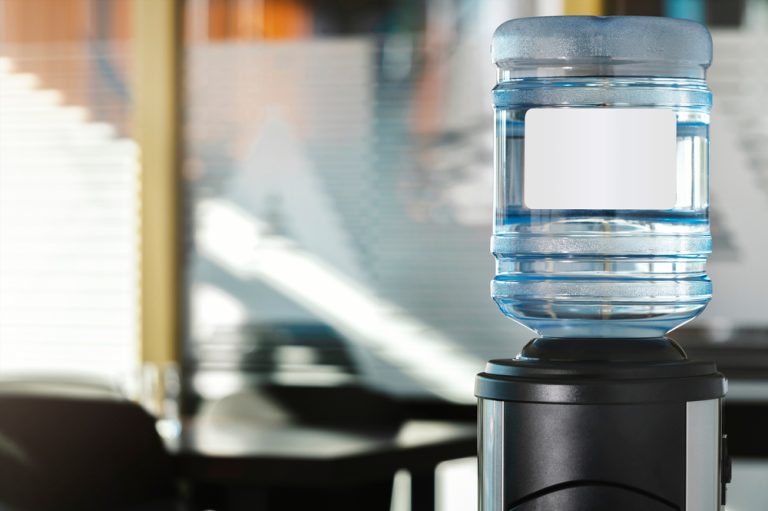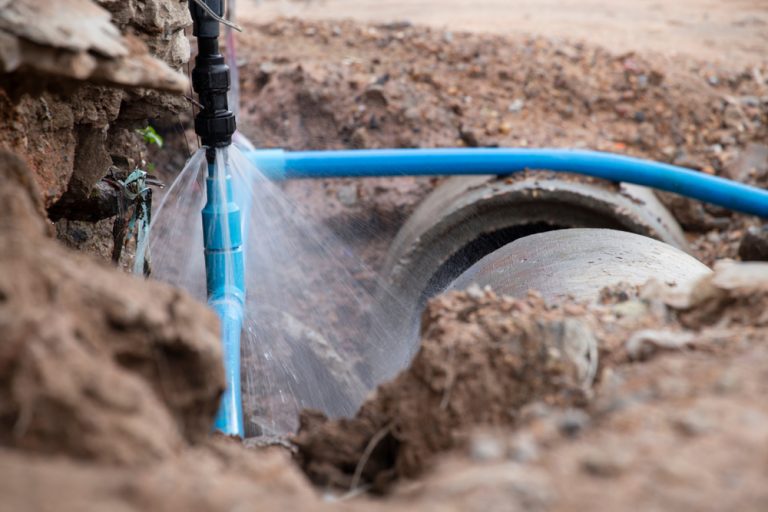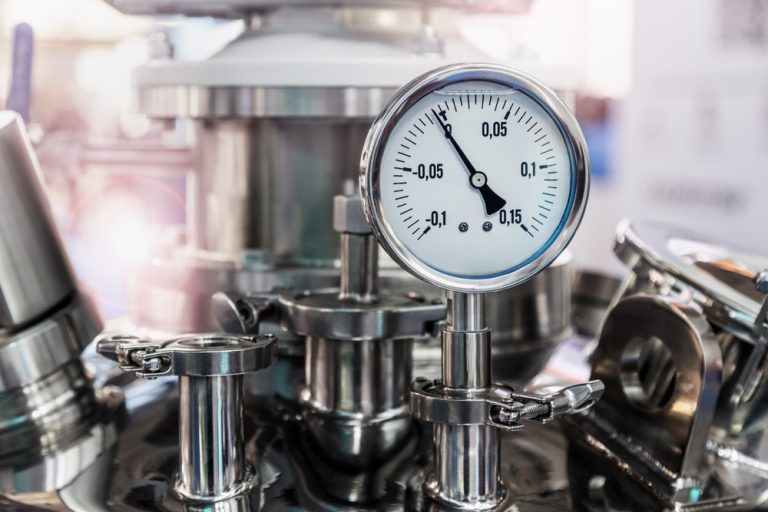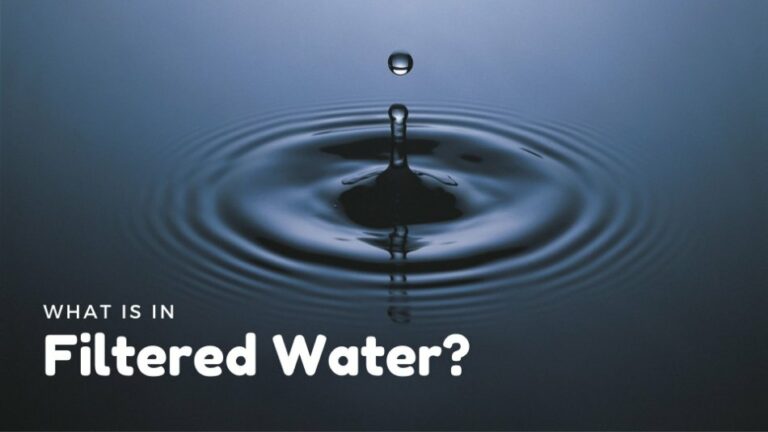What Is The Best Type Of Water To Drink?
When it comes to making decisions about which types of water to drink, it can be hard to know which is best. Many people have different opinions on what the best type of water to drink is. Some people say it’s bottled water, some say it’s tap water, and others say it’s filtered water. In this article, we will discuss what is the best type of water to drink and why.
Spring water is unquestionably the best type of water to drink. It is regarded as the healthiest water to drink since it gives the body essential nutrients as it circulates in the body. Apart from being healthy, it is also very cheap and accessible.
Different Types Of Water
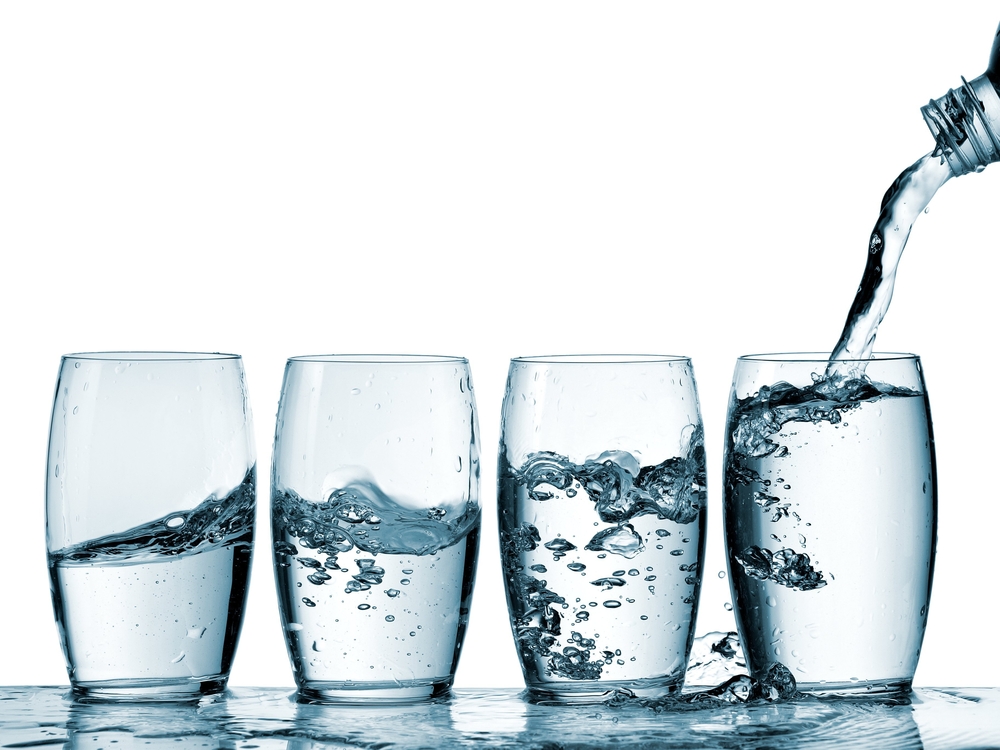
There are many different types of water available for consumption, and it can be difficult to choose the best one for your needs. Here is a breakdown of the different types of water and their benefits, starting with mineral water.
Mineral Water
Mineral water is sourced from springs that are usually abundant in bicarbonates, calcium, magnesium, sulfur, and manganese. Despite the fact our bodies yearn for critical minerals, we cannot generate them. So, instead, we consume them.
Water must contain a stable threshold of minerals at its source and dissolved solids of at least 250 parts per million to be considered mineral water. Due to their richness in minerals, this type of water provides necessary electrolytes to the body that can help in digestion. Additionally, most people prefer the taste of mineral water over other types. However, the price of mineral water is one of its biggest drawbacks, especially when compared to tap water.
Tap Water
It comes from neighboring dams, rivers, and reservoirs, and it travels via a system of pipes before arriving at your tap. Tap water is the most often utilized form of water in American houses and is used for the majority of domestic tasks. But before this water is supplied to houses, tap water is treated by the municipal departments to remove toxic substances like lead.
Though this water is safe to drink according to the EPA standards, it still contains a lot of impurities like microplastics, fluoride, chlorine, and pesticides. Most people avoid drinking tap water directly because of its taste and impurities. If you want to drink tap water, it’s best to get a home water filter that can purify the water so you can stay healthy. The biggest benefit of using tap water is it is the cheapest water available.
Purified Water
Purified water is just tap water that has been treated to purify it. To make the water drinkable, all impurities, including bacteria, fungus, parasites, and other dissolved solids are eliminated during the purification process. However, purification also includes the removal of probiotic microorganisms and possibly beneficial minerals from the water. Because this type of water is free of any minerals and salts, it is not advised to drink it on daily basis.
Distilled Water
Distillation is a process in which the water is boiled into vapor and then condensed into a separate container. Since the water boils at a much lower temperature than the impurities present, this type of water is ultra-pure.
However, this purity also has a downside. The downside is that along with the impurities all the nutrients are left behind too. Additionally, it is also very expensive to make distilled water. That is why distilled water is discouraged for drinking, however, it is very beneficial in industrial applications and can also be used for sanitization in laboratories.
Sparkling Water
Sparkling water, which is commonly known as carbonated water, is just water from the spring that is then infused with carbon dioxide. This type of water is not like regular water and is mostly used in place of soft drinks by health-conscious people. Although sparkling water is much healthier than soft drinks, it is still not advised to drink it in large quantities unless it’s free of sweeteners.
Spring Water
Spring water is the type of bottled water that is filled at the origin of supply, for example, springs or glaciers. In most cases, spring water is relatively clean of any impurities and at the same time also contains beneficial nutrients like magnesium, calcium, and potassium.
However, some spring waters can contain some impurities, depending upon their source. From a health point of view, spring water is probably the best type of water to drink on a daily basis, as it is fresh, contains many nutrients, and tastes good. But, it can be very costly to drink spring water in the long term.
Well Water
The majority of well water is located in rural regions and is obtained directly from the earth. When rain and snowmelt sink into the earth, or when nearby streams and rivers empty into nearby fields, a well soaks in the water. Like spring or glacier water, this water is fresh and untreated, but it is less pure since it also absorbs surface contaminants. The type of impurities can vary depending upon the place, but the most commonly found contaminants in well water are metals, pesticides, bacteria like E-coli, etc. It is always a good idea to filter the well water before drinking or using it in kitchen applications.
What Is The Best Type Of Water To Drink?
The healthiest option is often spring water when it is appropriately sourced and preserved. The rich mineral profile our bodies so sorely need is present in spring water when it has undergone little processing and testing. If you want to drink spring water always make sure to buy from trusted brands.
Conclusion: What Is The Best Type Of Water To Drink?
Everyone has their preference when it comes to drinking water. Some people want to drink raw water from the springs while others prefer to go for the cheaper option and use tap water. It is ultimately up to each person to choose the most suitable type of water. Whatever type of water you choose to drink, always make sure it is free of impurities so you and your family can stay healthy.
So, which water are you planning on using and why? Let us know in the comments below!

